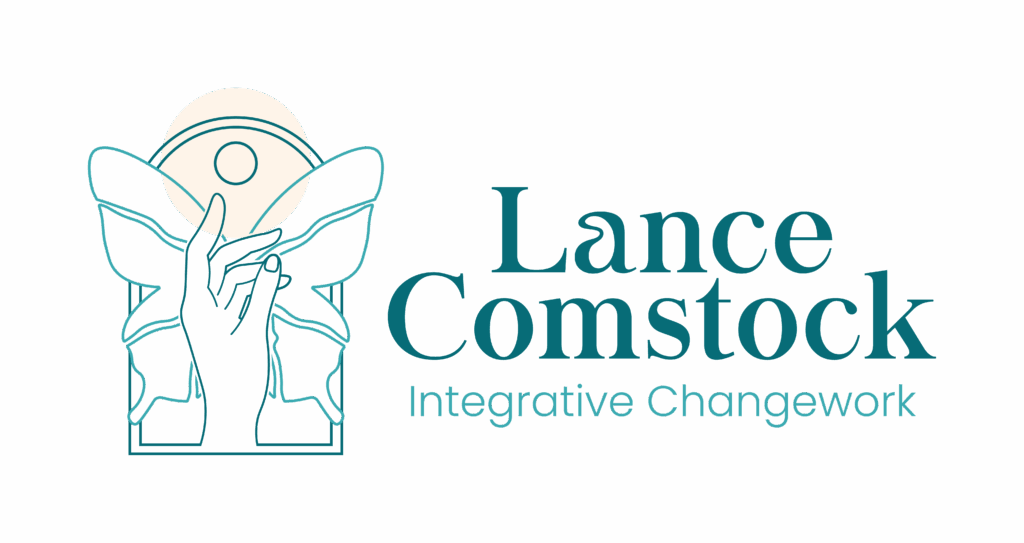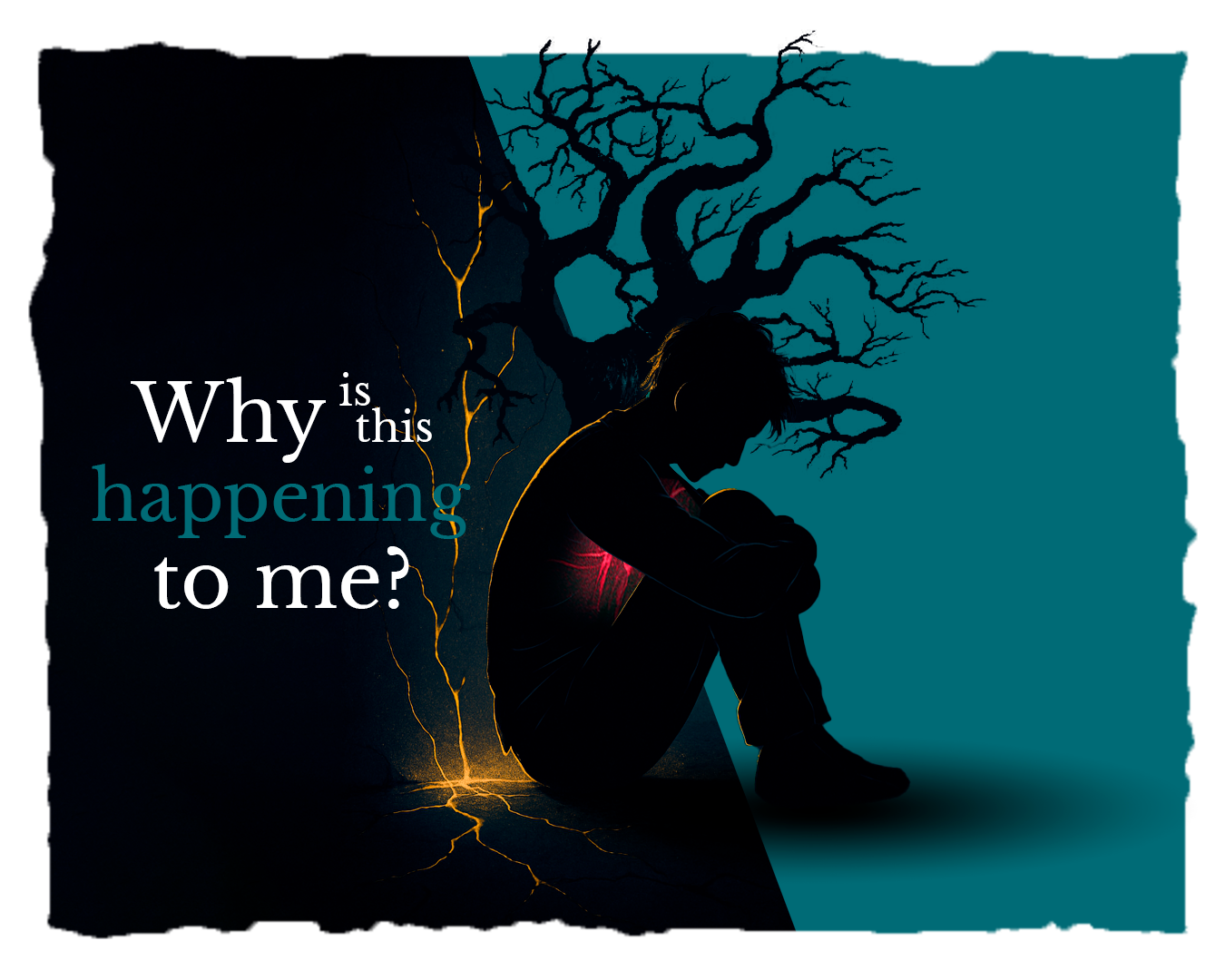What is Hypnosis?
Hypnosis isn’t something you do.
It’s already part of your life.
It’s a completely natural state of awareness that you slip into and out of all the time—without even noticing.
And yes, while it’s not strange or dangerous in the way movies might portray it… I’d also say there is something beautifully mysterious about it. That’s part of the draw, right? When the usual routes don’t work, when talk therapy hits a wall, when symptoms stick around without answers—people start looking for something deeper. Something that doesn’t just manage the issue, but reaches the root of it.
That’s why people turn to hypnosis.
It might be labeled “woo woo” or “out there” by some, but those aren’t bad words to me. They just mean it doesn’t always fit into the boxes people are used to.
And maybe that’s exactly what makes it worth exploring.
You’re Already in Hypnosis More Than You Realize
Think about the last time you got pulled into a good book or movie.
Or when you were driving and suddenly realized you’d been deep in thought, not remembering the last several miles.
Or when you got completely overtaken by an emotion—joy, grief, frustration—and the whole world narrowed down to that one feeling.
That’s hypnosis.
More specifically, it’s a trance-like state where your attention turns inward.
You become highly receptive to thoughts, emotions, and suggestion.
Here’s a real-life example:
You’re at work, still thinking about something your boss said earlier. Maybe they spoke to you harshly, and you’ve been looping it in your mind, wondering if you did something wrong. You’re deep in it. Then suddenly, a colleague calls your name from behind—and you jump. Your body startles like you’ve just been snapped out of another world. Because you were in another world: the world inside your mind.
This is what I mean when I tell my clients:
“You’re already doing hypnosis—every day.”
Emotional Trance = Hypnosis, Too
We don’t just go into trance from books or TV.
We enter trance when we’re triggered.
When something taps into an old fear or wound.
When we spiral in overthinking or shame.
When we replay an argument on a loop, wishing we’d said something different.
That emotional tunnel vision—where the feeling is so big it becomes your whole reality—that’s a kind of hypnosis, too.
And when we recognize that, we stop fearing it.
We realize we’ve been in it all along—only now, we get to use it consciously.
So What About Stage Hypnosis?
This is where most of the myths come from.
Stage hypnosis is meant to entertain.
The hypnotist brings up a group of volunteers and runs a suggestibility test to see who’s most responsive. The ones who react strongly stay; the rest go back to their seats. That’s it. But because the volunteers are going along with it, the audience thinks they’ve lost control.
They haven’t.
At any moment, they could choose not to participate.
But because they’re open, suggestible, and in on the experience, they do go along with it.
This is why so many people walk away thinking:
- Hypnosis means giving up control.
- It’ll either “work” for me or it won’t.
- It’s something someone else does to you.
But here’s what I’ve learned—both in my own healing and in my work with clients:
Hypnosis Doesn’t Take Away Your Control—You Already Have Control
One of the biggest misconceptions I see is the belief that hypnosis is a test.
That it’s all or nothing.
That it either flips a switch or fails.
But hypnosis isn’t about handing over your will.
It’s about coming home to yourself.
To that calm, clear place within that’s been buried under noise, fear, or years of conditioning.
When you’re in hypnosis, you’re aware. You can hear everything. You could open your eyes at any time. But you don’t want to—because the experience is calming, focused, and deeply grounding.
It’s not about giving someone else control.
It’s about tuning into your own, maybe for the first time in years.
So, What Is Hypnosis?
Hypnosis is a calm, focused state of awareness.
It’s deeply natural—like a child daydreaming in class or doodling on the corner of a notebook.
It’s the place your mind goes when it turns inward.
It’s what happens when the outer world quiets, and your inner world becomes the focus.
It’s not something I do to you.
There’s nowhere to take you.
We’re simply using what’s already within you—your ability to focus, reflect, and feel—to shift what’s no longer serving you.
And yes, it can be a little strange.
It can feel mystical, magical, and deeply personal.
But above all, it’s safe. Grounded. And more familiar than you think.
Final Thoughts
You’re not broken if you’ve struggled. You’re not weak if traditional methods haven’t helped.
Sometimes, the path home looks different than what you expected.
Sometimes, it’s softer. Slower. A little more inner than outer.
That’s what hypnosis is.
It’s a quiet turning inward. A space where healing can finally reach you—not just intellectually, but emotionally, deeply, and gently.
You’re already doing it every day.



